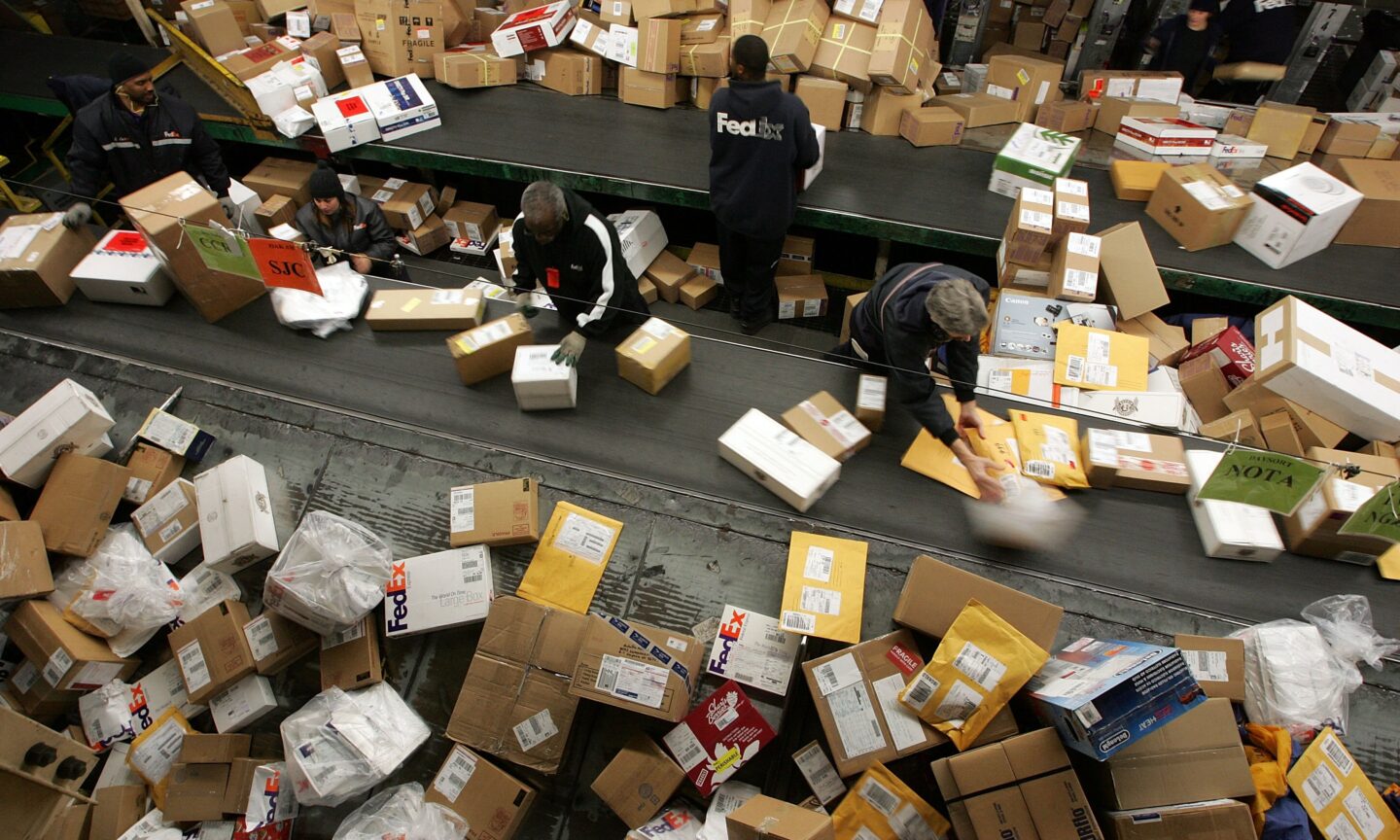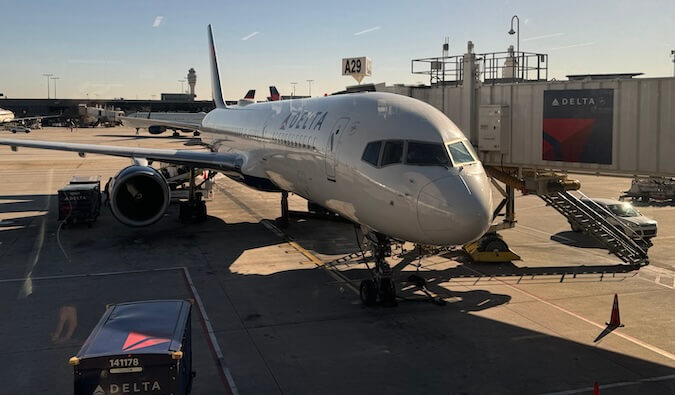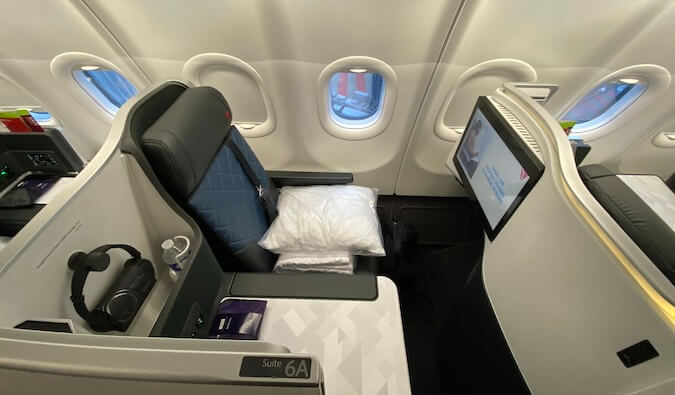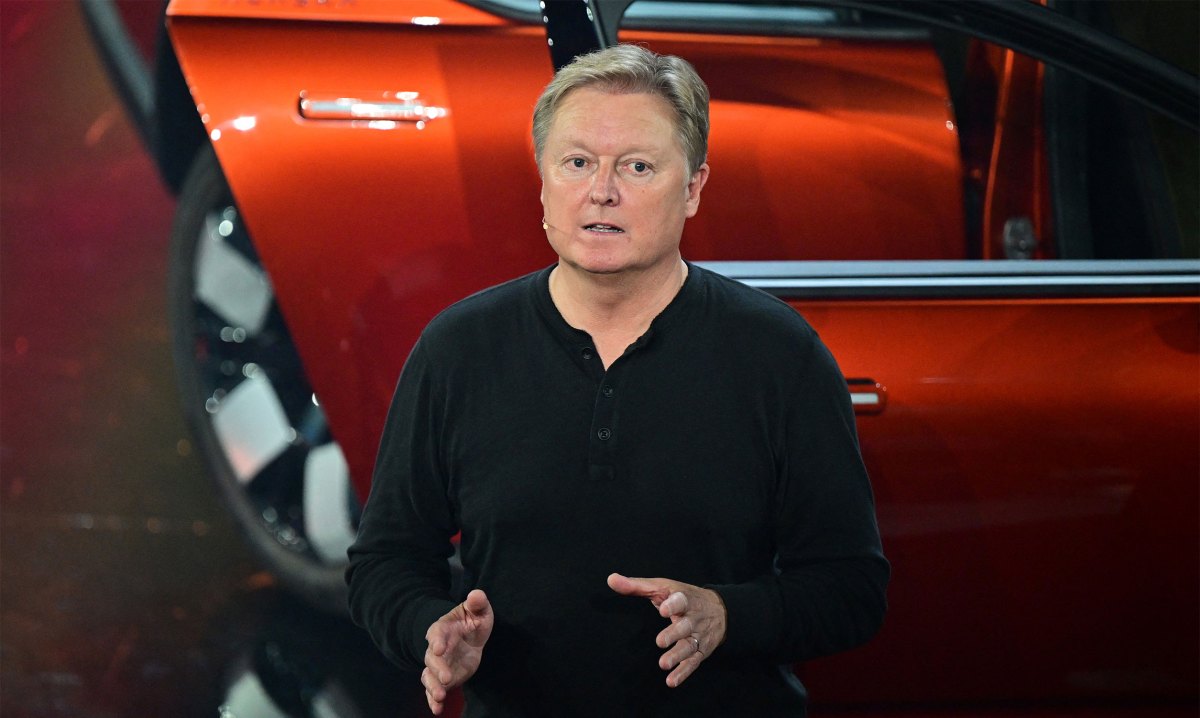Revolutionizing Space: Anduril and Blue Origin's Cargo Mission

In a significant development for the defense sector, Blue Origin and Anduril Industries have secured modest contracts that hold the potential to transform the Pentagon's cargo transportation methods. These agreements reflect a growing trend towards the incorporation of innovative technologies in military logistics, promising to enhance efficiency and effectiveness in delivering vital supplies to frontline operations.
Blue Origin, the aerospace manufacturer founded by Jeff Bezos, has long been recognized for its ambitious endeavors in space exploration. However, its recent foray into terrestrial logistics is poised to make waves in military applications. The company’s expertise in vertical takeoff and landing (VTOL) technology could redefine how the Department of Defense (DoD) approaches cargo movement, especially in challenging environments where traditional transport methods face limitations.
Anduril Industries, known for its cutting-edge defense technologies, has similarly garnered attention with its innovative solutions aimed at fortifying national security. The firm’s emphasis on autonomous systems and artificial intelligence aligns perfectly with the Pentagon’s desire to modernize its logistics and supply chain processes. Together, these companies represent a new wave of private-sector partnerships that could reshape military operations and enhance the United States’ strategic capabilities.
The contracts, while modest in dollar value, are indicative of a broader shift within the Pentagon, which is increasingly looking towards private enterprises for innovative solutions to age-old logistical challenges. Historically, military logistics have relied heavily on conventional methods, often struggling to keep pace with the rapid evolution of technology. In an era where speed and flexibility are paramount, the need for a paradigm shift in how cargo is transported is more pressing than ever.
One of the pivotal aspects of Blue Origin’s approach is its focus on utilizing reusable launch systems to facilitate cargo transport. By leveraging its New Shepard spacecraft, the company aims to demonstrate that space-based logistics can be both efficient and cost-effective. The implications of such technology extend far beyond traditional cargo transport; they open up possibilities for rapid deployment of supplies and equipment, even in the most remote and challenging terrains.
Anduril’s contribution to this evolving landscape comes from its advanced surveillance and autonomous systems, which can significantly enhance situational awareness and operational efficiency. The company’s products, such as the Lattice AI platform, empower military personnel to make informed decisions quickly, improving response times during critical missions. These technologies are not merely supplementary; they represent a fundamental shift towards a more integrated and intelligent logistics framework that can adapt to the dynamic challenges of modern warfare.
Moreover, the collaboration between Blue Origin and Anduril underscores the importance of public-private partnerships in advancing defense capabilities. By working alongside innovative startups and established companies, the Pentagon can harness cutting-edge technologies that might otherwise remain untapped. This approach not only accelerates the development and deployment of new solutions but also stimulates the defense industry, creating a fertile ground for further innovation.
As the Pentagon seeks to enhance its logistical operations, the integration of advanced technologies like those offered by Blue Origin and Anduril could lead to a significant reduction in supply chain vulnerabilities. The traditional model of transporting cargo often involves lengthy processes and considerable risk, particularly in conflict zones. With the introduction of autonomous systems and space-based logistics, the military can achieve more efficient delivery routes, ensuring that troops receive essential supplies in a timely manner.
The implications of these contracts also extend to global security dynamics. As countries around the world invest in advanced military technologies, maintaining a competitive edge becomes increasingly crucial. By embracing innovative logistics solutions, the U.S. can reinforce its position as a leader in defense modernization. This not only enhances the operational capabilities of the U.S. military but also strengthens alliances with partner nations that may benefit from similar technologies.
In addition, the partnership between Blue Origin and Anduril reflects a growing recognition of the role that emerging technologies will play in future conflict scenarios. As warfare continues to evolve, driven by advancements in artificial intelligence, robotics, and autonomous systems, the military's logistics frameworks must also adapt. The contracts secured by these companies may be just the beginning of a more extensive transformation within the defense sector, one that prioritizes agility and responsiveness over traditional bureaucratic approaches.
Looking ahead, it will be intriguing to see how these contracts evolve and what additional innovations emerge from Blue Origin and Anduril. The potential for automation and advanced data analytics to streamline cargo transport is vast, and as the Pentagon continues to invest in modernization efforts, the contributions of these companies will likely play a pivotal role in shaping the future of military logistics.
In conclusion, while the contracts awarded to Blue Origin and Anduril may be small in scale, their implications are monumental. By integrating innovative technologies into the Pentagon’s cargo transport system, these companies are not only addressing current logistical challenges but are also paving the way for a more efficient and responsive military supply chain. As we witness the unfolding of this new chapter in defense logistics, one thing is clear: the future of military transportation is not just about moving cargo; it’s about reimagining how we deliver critical resources in an increasingly complex global landscape.
What's Your Reaction?
 Like
0
Like
0
 Dislike
0
Dislike
0
 Love
0
Love
0
 Funny
0
Funny
0
 Angry
0
Angry
0
 Sad
0
Sad
0
 Wow
0
Wow
0









































